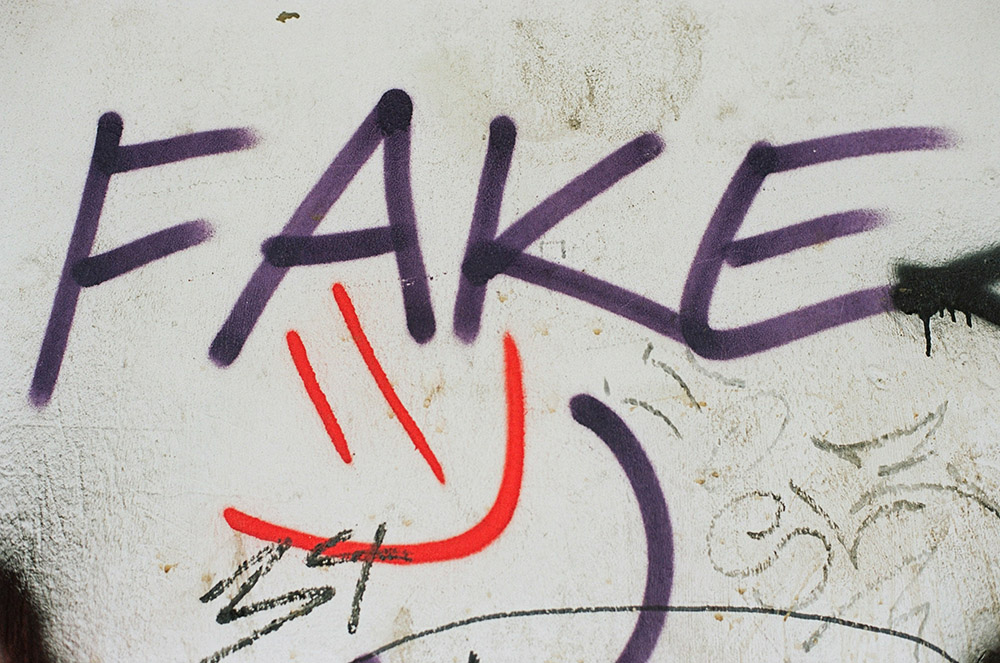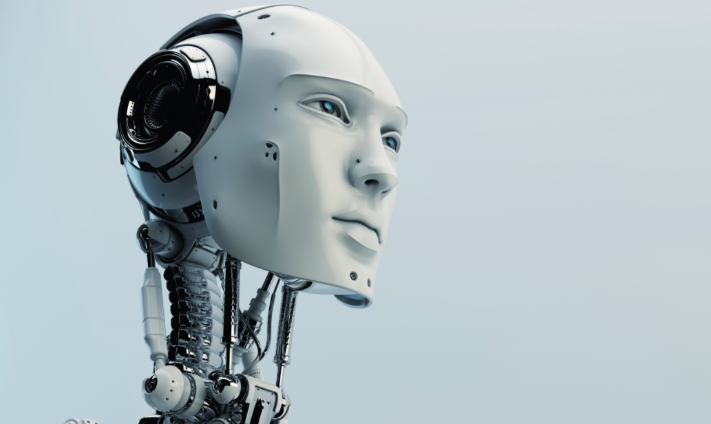The big news this week was that the EU Parliament has approved its Artificial Intelligence Act.
In April 2021, the European Commission proposed the first EU regulatory framework for AI, and Parliament voted 523-46 in favor of the proposed regulation on 13th March 2024.
Now the law needs to be enacted. This will take some time, with bans on AI with “unacceptable” levels of risk not kicking in until six months after the act is published.

We’ll have a 12 month wait for the new rules around for “general purpose AI” to take effect, and another two year wait before all rules of the act and obligations for high-risk systems will apply.
So what is behind the push for a regulatory framework for AI?
Essentially, the EU Parliament says that it “aims to protect fundamental rights, democracy, the rule of law and environmental sustainability from high-risk AI, while boosting innovation and establishing Europe as a leader in the field. The regulation establishes obligations for AI based on its potential risks and level of impact.”
Following the huge success and mass adoption of, in particular, generative AI such as ChatGPT over the past 18 months, this is a landmark move. Many will be aware that the surge in artificial intelligence tools has been a source of moral panic––as have many aspects of technological innovation over the years
But that doesn’t mean it doesn’t need oversight. The EU laws will clamp down on uses of AI such as those that threaten citizens’ rights: biometric categorisation systems based on sensitive characteristics, and untargeted scraping of facial images from the internet or CCTV footage to create facial recognition databases, are two.

Artificial or manipulated images, and audio or video content such as deepfakes, will also need to be clearly labeled. There will be exceptions for research and law enforcement, but broadly the act will build in better protections for peoples’ privacy.
Encouraging responsible development of AI tools will be things like regulatory sandboxes––which we’ve already seen in the UK for its fintech industry, for example. The EU intends that real-world testing will be established at the national level, and made accessible to SMEs and start-ups, to develop and train innovative AI before its placement on the market.
Where the EU leads, others follow. According to The Guardian, “the bill matters outside the EU because Brussels is an influential tech regulator, as shown by GDPR’s impact on the management of people’s data. The AI act could do the same.”
Because global AI companies will need to adapt to the EU’s rules if they want their tools to be used in Europe, this means that it is likely the act will be emulated elsewhere.
AI and your job
When it comes to jobs, AI has already been making waves. According to the World Economic Forum’s Future of Jobs Report 2023, two of the fastest-growing roles are for AI and machine learning specialists, with employment for data analysts and scientists, big data specialists, AI machine learning specialists and cybersecurity professionals expected to grow on average by 30% by 2027.
But AI technologies are likely to take jobs too. For example, customer service roles are particularly vulnerable thanks to the increasing sophistication of AI chatbots. Klarna, the buy now, pay later fintech, recently said that its customer service chatbot is doing the work of 700 human personnel.
And new research from market trend company Bloomberry identities freelancers as this era’s canary in the coal mine. It analysed data from more than five million jobs listed on freelancing site Upwork from October 2022, to February 2024, and found that writing jobs were hit by a 33% decline, translation jobs went down by 19%, and customer service jobs shrank by 16%.
It’s cautionary information for anyone working in these areas, but the flipside is that many other areas are experiencing a surge, such as software development.
Job postings looking for talent with AI skills are also on the rise. If you’ve got experience with generating AI content, developing AI agents, integrating OpenAI/ChatGPT APIs, or developing AI apps, then you can breathe easy.
Interestingly, creative jobs are on the increase, with Upwork’s data showing that video editing or production jobs are up 39%, graphic design jobs are up 8%, and web design jobs are up 10%, which may go some way towards the theory that human ingenuity and creativity will always win out.
Want more like this?
If you enjoyed what you’ve read above, and would like to get original work-related content on your own website, plus the chance to maximise your revenue, contact us now.











